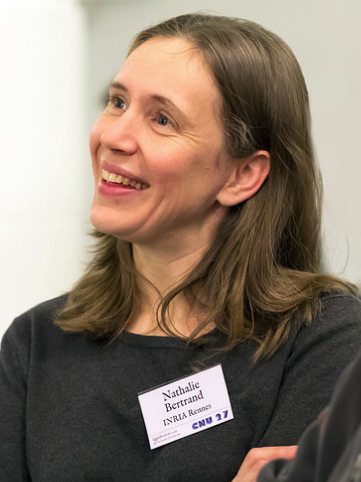Abstract: September 3, 2021 (extended)
Full paper: September 8, 2021 (extended)
Notification: October 29, 2021
Camera ready: November 19, 2021
Conference: 13, 14, 15, December 2021
The Best Student Paper Award was given to Gabriel Le Bouder for his paper titled "Optimal Space Lower Bound for Deterministic Self-Stabilizing Leader Election Algorithms", co-authored with Laurent Feuilloley and Lélia Blin. The Best Paper Award was awarded to Ittai Abraham, Kartik Nayak and Nibesh Shrestha for their paper titled "Optimal Good-case Latency for Rotating Leader Synchronous BFT" The videos are available on the PODC-DISC Youtube channel: playlist
OPODIS is an open forum for the exchange of state-of-the-art knowledge concerning distributed computing and distributed computer systems. All aspects of distributed systems are within the scope of OPODIS, including theory, specification, design, performance, and system building. With strong roots in the theory of distributed systems, OPODIS now covers the whole range between the theoretical aspects and practical implementations of distributed systems, as well as experimentation and quantitative assessments.


